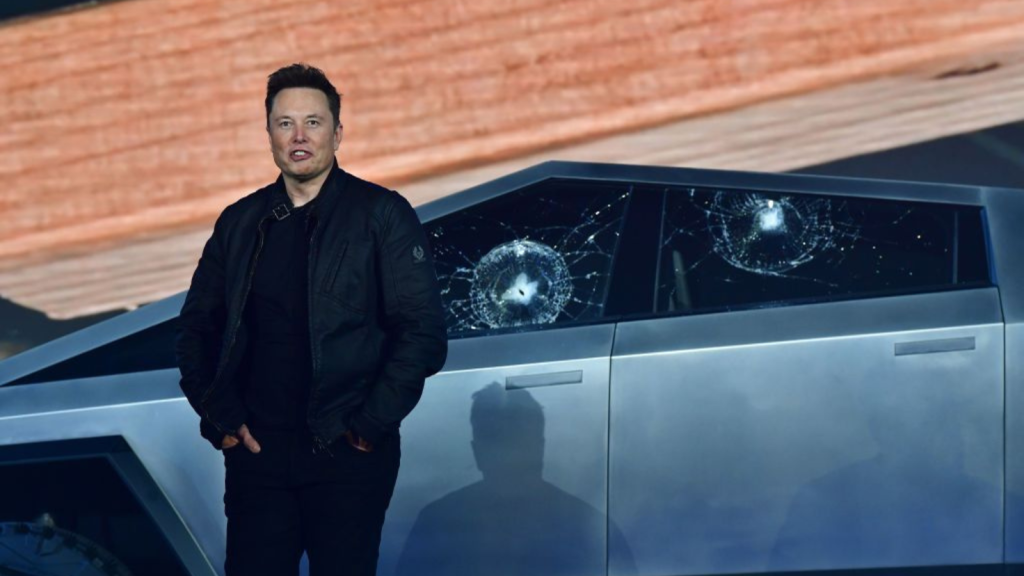
Elon Musk‘s $55.8 billion Tesla compensation package just got thrown out yet again. A U.S. judge denied the billionaire’s petition to reinstate his outsized pay on Monday, rejecting his attempt to overturn the previous judgement via a Tesla shareholder vote.
Monday’s finding comes after a Delaware court initially threw out Musk’s multibillion dollar Tesla compensation package in January. In that ruling, Chancellor Kathaleen McCormick found that Tesla’s board of directors had breached their duty to shareholders by mindlessly following Musk’s proposal regarding his pay as CEO, offering no pushback nor attempting any negotiation. The court further determined that the $55.8 billion package was disproportionate to the benefit Tesla received, the deal making no demands regarding the amount of time Musk was to spend actually working at the company.
Tesla shareholders vote to give Elon Musk a $56 billion pay package after a court shot it down
Musk was predictably unhappy with this ruling. In June, the exact same $55.8 billion compensation package was put to shareholders for reapproval during Tesla’s annual meeting. Monday’s judgement noted that Tesla told shareholders that the company could save $25 billion in accounting fees by ratifying the deal.
Once shareholders voted to reapprove Musk’s pay package, he and Tesla took the result back to court to ask that the earlier judgement be reversed. In their petition, they argued that a company’s shareholders should be able to reverse a court’s decision even where there has been a breach of duty, stating that “stockholders hold the power to adopt any corporate acts they deem in their own best interests.”
Unfortunately for Musk, McCormick would have none of it. In her ruling this week, the judge was notably unimpressed by Tesla literally creating new evidence in an attempt to flip the court’s judgement, noting that they did not cite a single case where such shenanigans have been allowed.
“Were the court to condone the practice of allowing defeated parties to create new facts for the purpose of revising judgments, lawsuits would become interminable,” McCormick wrote.
The court drew a distinction between newly discovered evidence, which would have already existed at the time of the previous trial, and newly created evidence such as Tesla’s June stockholder vote. While newly discovered evidence may be cause for a case to be reopened, newly created evidence is not.
McCormick further noted that Tesla made numerous false or misleading statements to its shareholders in advance of the June ratification vote, such as claiming that any breaches the court found could be remedied by reapproving Musk’s compensation.
“[E]ven if the Stockholder Vote could have a ratifying effect on the Grant, it could not here due to multiple, material misstatements in the Proxy Statement concerning the effect of the vote,” wrote McCormick.
Basically, shareholders can’t just get together and decide that what their board did was actually legal after a U.S. court has already determined that it wasn’t.
Musk quickly took to social media to decry the judgement, stating that “Shareholders should control company votes, not judges.” Tesla has also announced its intention to appeal.
“A Delaware judge just overruled a supermajority of shareholders who own Tesla and who voted twice to pay @elonmusk what he’s worth,” wrote the official Tesla X account. “The court’s decision is wrong, and we’re going to appeal. This ruling, if not overturned, means that judges and plaintiffs’ lawyers run Delaware companies rather than their rightful owners — the shareholders.”
Addressing such assertions in Monday’s judgement, the court found that a company’s board members are more analogous to trustees rather than agents. While agents act on behalf of another party (in this case Tesla’s shareholders), trustees have a legal obligation to act in the best interests of said party.







